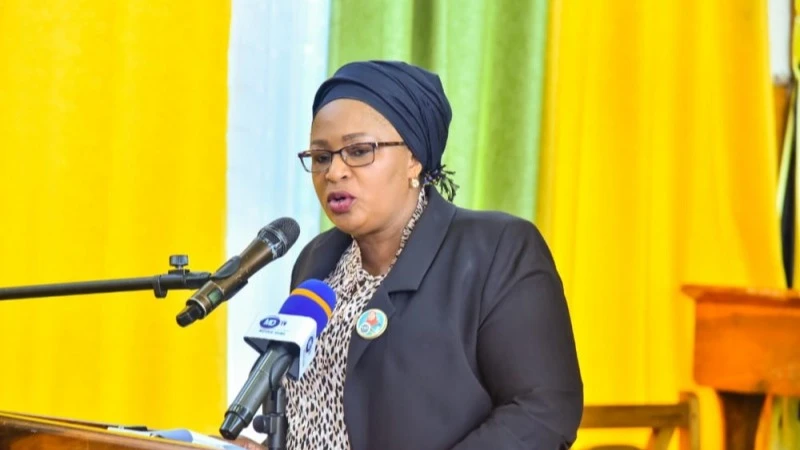MPs receive TUCTA for labour law amendments

THE Trade Union Congress of Tanzania (TUCTA) has proposed nine amendments to the Labour Laws (Amendment) Bill, 2024, calling for significant adjustments to ensure better protection of workers’ rights.
Tumaini Nyamhokya, the TUCTA president made this remark at a press conference here yesterday after the Social Welfare and Community Development standing committee of the National Assembly had received the proposals.
TUCTA is advocating for extending proposed unpaid emergency leave from 30 days to five years, to better support employees in critical personal circumstances such as leadership roles or educational pursuits.
It also proposes changes to maternity leave provisions, particularly for mothers of premature babies, urging that the leave period be extended until the child reaches 40 weeks of age, instead of 36 weeks in the current draft, he said.
Additionally, TUCTA is seeking to ensure that maternity leave and child care leave are treated separately, with no overlap between the two, he specified.
The rationale behind these suggestions is to create a more supportive environment for workers balancing family, education and leadership roles, he explained.
Another point of contention in the bill is the proposed removal of the word ‘Sunday’ from the definition of ‘basic salary,’ as TUCTA objects to this change, from grounds of respect for tradition, he stated.
Sunday’ needs to be retained ‘rest day’ can be used without affecting the traditional comprehension, he stated.
In addition, TUCTA expressed concern on expanding the breadth of those included under ‘senior management employee,’ which, under the bill, refers to all those with authority to hire, discipline and terminate employees.
TUCTA fears this breath of inclusion may result in many low level managers being classified as senior managers, “thereby losing their entitlement to basic rights such as overtime pay and union representation,’ he stated.
Lawmakers need to maintain the current definition as it protects these rights, he said, highlighting a proposal to reduce the training period from the proposed 24 months to 12 months.
After that period employees should be hired as full-time staff, a change that would ensure that training periods do not unfairly delay actual employment, he stated.
When emergencies or crises arise, employers should consult with trade unions where applicable, to ensure workers' rights are protected in such situations, to safeguard job security and fair wages during unexpected events, the umbrella body emphasised.
Workers who are subjected to unfair dismissal need to receive compensation in accordance with existing law, rather than the bill’s proposal to cap severance pay to a maximum of 12 months’ salary,k he stated.
TUCTA contends that such a cap would undermine workers’ rights and encourage employers to dismiss employees without proper procedures, he further noted.
The legal cadre for negotiations for better working conditions in public institutions should provide for concluding such consultations and a decision set out by the permanent secretary for the relevant ministry within 60 days, not remain open-ended as the bill proposes, the body demands.
It further asserts that only trade unions formally recognised by employers be involved in negotiations on convening workers' councils, thus unions with registered members in a particular workplace are the ones given bargaining rights, he added.
Top Headlines
© 2025 IPPMEDIA.COM. ALL RIGHTS RESERVED






















